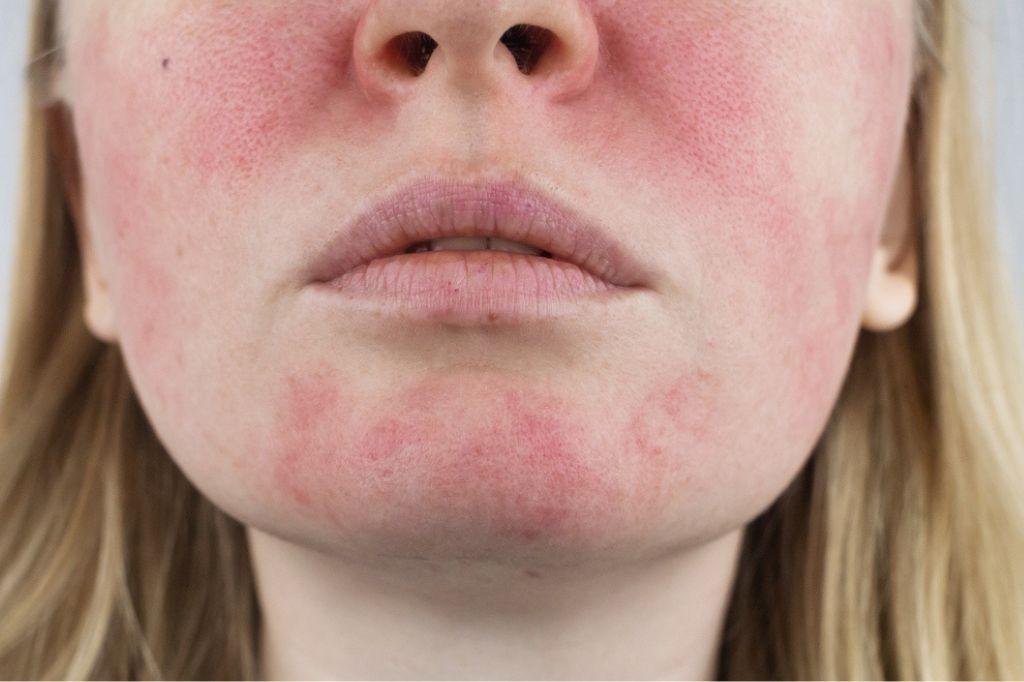Winter Skin Woes: How to Combat Skin Concerns in Florida’s Rare Cold Spells
As Floridians, we’re used to sunny skies and warm temperatures all year round. However, every once in a while, the weather takes a turn for the chilly, and our skin can suffer as a result. If you’re not used to the cold, you may find your skin becomes dry, flaky, and prone to irritation and breakouts. Don’t let winter skin concerns get you down! Let’s discuss how cold weather affects the skin and some tips for keeping your skin healthy and glowing, even during Florida’s rare cold spells.
How Cold Weather Affects the Skin
If you’re used to the hot, humid climate of Florida, cold fronts can be jarring for your skin. Whether you like the humidity or not, your skin has likely grown accustomed to it over the years. In the winter, humidity levels drop, so the air is drier. This can cause your skin’s natural oils to dry up quickly, leading to dehydration and flaking.
Additionally, cold weather often comes with lower temperatures outside and higher temperatures indoors (due to central heating). This drastic temperature change can also strip the skin of its protective oils and lead to dryness and irritation. Plus, with an increase in wind speed during the winter months, your skin is often exposed to more environmental pollutants.
All of these factors contribute to a breakdown in the skin’s protective barrier, leaving it vulnerable to redness, irritation, breakouts and flakiness.
Tips for Combatting Skin Concerns During Cold Spells
The key to keeping your skin healthy when temperatures drop is to keep it hydrated and exfoliated. While your provider at Academic Alliance in Dermatology will be able to give you specific advice for your unique skin type, the following tips may help all skin types stay moisturized and protected during cold weather.
Invest in a Good Moisturizer
Moisturizing is essential for keeping skin hydrated during the winter months. Look for products with ingredients like ceramides, hyaluronic acid and glycerin, which will keep your skin hydrated and help protect its natural barrier.
You can also choose a moisturizer specifically made for your skin type (e.g., oily, dry, or combination). If you’re not sure what type of moisturizer to use, ask your provider at Academic Alliance in Dermatology.
Some of our favorites include:
- SkinCeuticals Triple Lipid Moisturizer
- Obagi Hydrate® Facial Moisturizer
- SkinMedica HA⁵® Rejuvenating Hydrator
- Colorescience Pep Up® Collagen Boost Face & Neck Treatment
Use a Humidifier
Bring the humidity to you by investing in a good humidifier. The extra moisture in the air will help keep your skin hydrated and protected while also reducing any dryness or irritation you may be feeling due to the low humidity levels.
Let the humidifier run at night or during the day when temperatures are coldest. Remember to refill it regularly with clean water.
Exfoliate Regularly
Dry skin can lead to a buildup of dead skin cells, which can make your complexion look dull and uneven. To keep your skin glowing, use a gentle exfoliant (like an AHA or BHA) two to three times per week. This will help slough off any dry, flaky skin cells that may be clinging to the surface of the skin.
You can also use a physical exfoliant, such as an exfoliating scrub or brush. Just make sure to avoid any harsh scrubs that may aggravate the skin and lead to further irritation.
Stay Hydrated
Drinking plenty of water throughout the day is essential for keeping your skin hydrated during cold weather. Make sure you’re getting at least eight glasses per day (or more, if possible).
You should also try to incorporate more hydrating foods into your diet. Fruits and vegetables like cucumbers, celery, peaches and watermelon are packed with water and natural electrolytes that will help keep your skin nourished and glowing.
Wear Sunscreen
It’s easy to overlook sunscreen in the wintertime, but it is just as important during cold weather as it is during the summer. Sun exposure can still cause damage to your skin, so make sure you’re applying a medical-grade physical sunscreen with SPF 30 or higher every day — even if it’s cloudy outside.
Adjust Your Skincare Routine as Needed
If you find that your usual routine isn’t working during cold weather, it’s time to switch things up a bit. Schedule an appointment with your favorite provider at Academic Alliance in Dermatology. We would be happy to help you find the right skincare products to keep your complexion soft, glowing and radiant as the temperatures drop.
Additionally, your provider may recommend aesthetic treatments to help boost your skin’s natural hydration or collagen levels and protect it from any damage caused by the cold.
Beat the Winter Woes with Academic Alliance in Dermatology
It’s always important to be mindful of the effects colder temperatures can have on your skin. With a few simple adjustments to your skincare routine, you can keep your skin healthy and hydrated throughout the winter season.
If you’re looking for personalized advice or care, Academic Alliance in Dermatology has you covered! Our providers specialize in all areas of dermatology and cosmetic treatments. Schedule an appointment today to get started.




